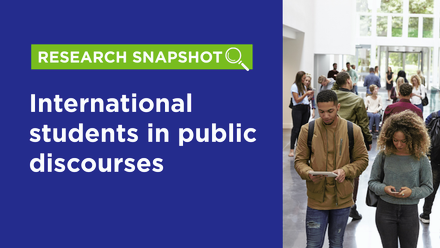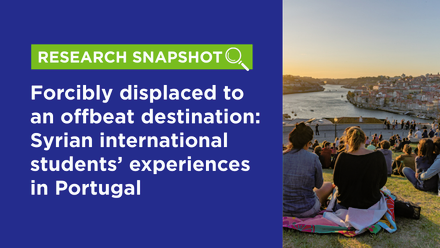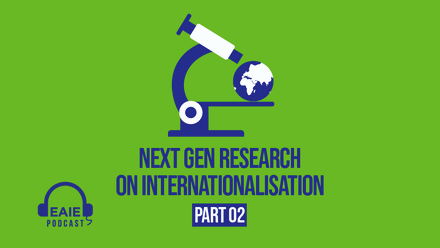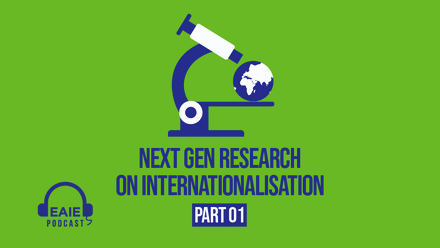Research Snapshot: Digital diaspora

Exploring the social networking dynamics of international students in Chandigarh, India
Publication date: 21 October 2024
The study investigates how international students in Chandigarh, India, leverage social networking sites (SNSs) to cope with cultural shock. The project identifies key factors influencing SNS use and contributes to developing the Social Capital Assessment Scale and Inventory (SCASI), a tool used to measure the impact of SNSs on social adaptation. Grounded in Uses and gratifications theory, the study applies both exploratory and confirmatory factor analysis. The project reveals SNSs vital role in facilitating education, interaction, and cultural exchange in diverse settings. The findings highlight how digital platforms help students build bridges between home and host cultures, offering institutions actionable insights to support international learners.
This research sheds light on how international students use digital tools specifically social networking sites to navigate cultural transitions and build supportive communities.
Key findings from the research:
- SNSs facilitate cultural adjustment: Social networking sites (SNSs) play a pivotal role in helping international students cope with cultural shocks. Enabling communication with both home-country contacts and new peers, SNSs assist in building social capital, which is crucial for students' academic and social integration.
- Development of SCASI instrument: The study introduces and validates the Social Capital Assessment Scale and Inventory (SCASI), a tool designed to measure the relationship between SNS usage and social capital among international students. This instrument can aid institutions in assessing and enhancing support mechanisms for international students.
- Implications for institutional support: The findings suggest that higher education institutions should recognize the significance of digital platforms in students' lives. Integrating SNSs into support services and fostering online communities, institutions can better support international students' transition and wellbeing.
By spotlighting India an underrepresented context in international education research the study underscores the global relevance of digital adaptation strategies, urging institutions to harness technology for inclusive student success.







